Often called the “Serengeti of Papua,” Wasur National Park is home to an astonishing 358 bird species—nearly 70% of Papua’s avian diversity—making it one of Indonesia’s most biodiverse yet least visited natural treasures. This remote paradise, straddling the border with Papua New Guinea, offers a rare glimpse into pristine ecosystems where wallabies bounce across savannas and migratory birds gather by the thousands.
Getting There & Planning Your Journey
Reaching this remote paradise requires careful planning, but the rewards are well worth the effort. The park is located in Merauke Regency at the southeastern tip of Papua, Indonesia.
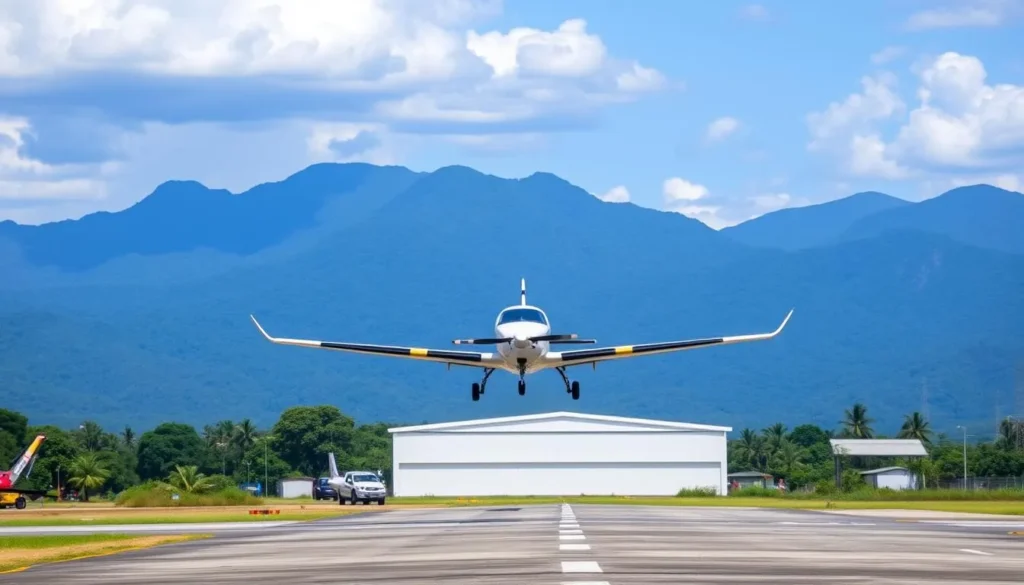
Air Travel
The most practical way to reach Wasur is to fly to Merauke, the nearest city to the park. Regular flights connect Jakarta and Jayapura to Merauke’s Mopah International Airport. The flight from Jakarta takes approximately 7-8 hours with a stopover, while from Jayapura it’s a direct 1.5-hour flight.
From Merauke to the Park
From Merauke city, the entrance to Wasur National Park is approximately 45 km away, requiring a 2-3 hour drive on the Merauke-Jayapura road. You’ll need to arrange transportation in advance, as public transport options are limited. Most visitors hire a 4WD vehicle with a driver who knows the area.
Entry Permits
All visitors must obtain an entry permit from the Wasur National Park office in Merauke. The permit costs around 150,000 IDR (approximately $10 USD) per person. Since this is a protected area, hiring a local guide is mandatory and enhances your experience significantly.
Best Time to Visit & Weather Tips
Wasur National Park experiences two distinct seasons that dramatically transform its landscape and wildlife viewing opportunities.
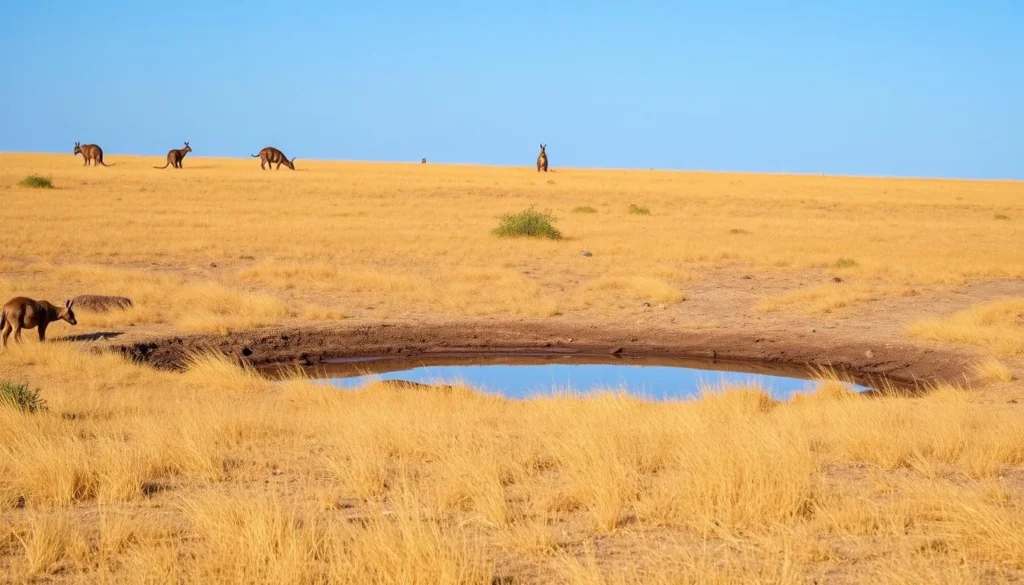
Dry Season (May to November)
This is generally considered the best time to visit. During these months, the park’s wetlands recede, concentrating wildlife around remaining water sources and making animals easier to spot. The peak wildlife viewing months are October and November when the dry season reaches its height.
Wet Season (December to April)
Heavy rains transform much of the park into wetlands, making access difficult. Some areas become completely inaccessible, but the landscape turns lush and green. Bird diversity increases, though mammals can be harder to spot.
Temperature
Wasur maintains a tropical climate year-round with temperatures ranging from 24°C to 32°C (75°F to 90°F). The humidity is consistently high, especially during the wet season.
For the ultimate wildlife experience, visit between August and November when thousands of migratory birds from Australia and New Zealand arrive, creating spectacular gatherings at the park’s wetlands.
Getting Around Locally
Navigating Wasur National Park requires preparation and local expertise due to its remote location and changing landscape.
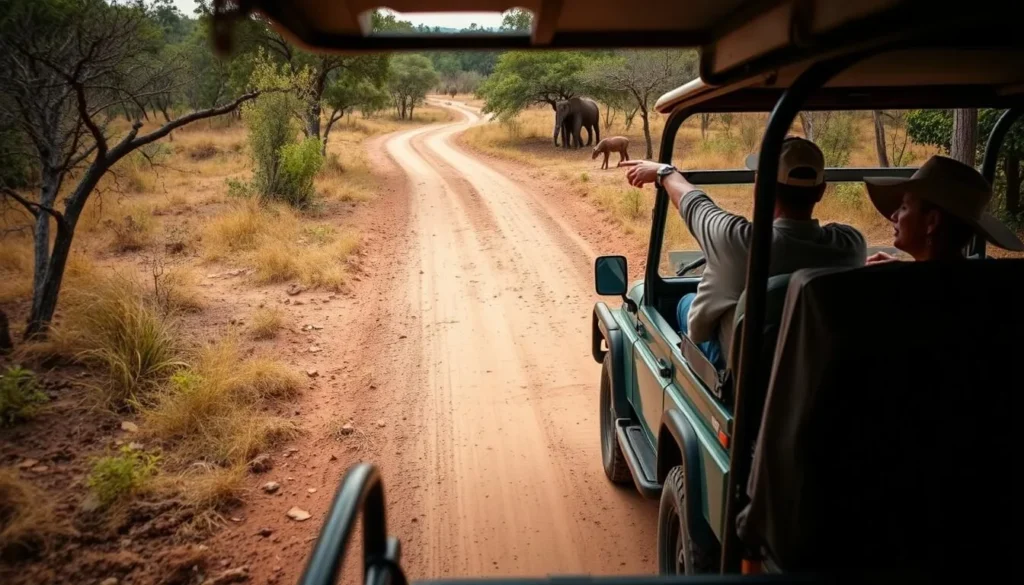
Local Transportation Options
- 4WD Vehicles: Essential during the dry season when trails are accessible but rough.
- Boat Tours: During the wet season, canoes and small boats are the primary means of transportation.
- Guided Walks: Many areas are best explored on foot with a knowledgeable guide.
Local Guides
Hiring a local guide is not just recommended—it’s essential. Guides from indigenous communities like the Marind, Kanum, and Yei people offer invaluable knowledge about wildlife, safe navigation, and cultural context. They typically charge 300,000-500,000 IDR ($20-35 USD) per day.
Where to Stay
Accommodation options near Wasur National Park are limited but provide authentic experiences close to nature.
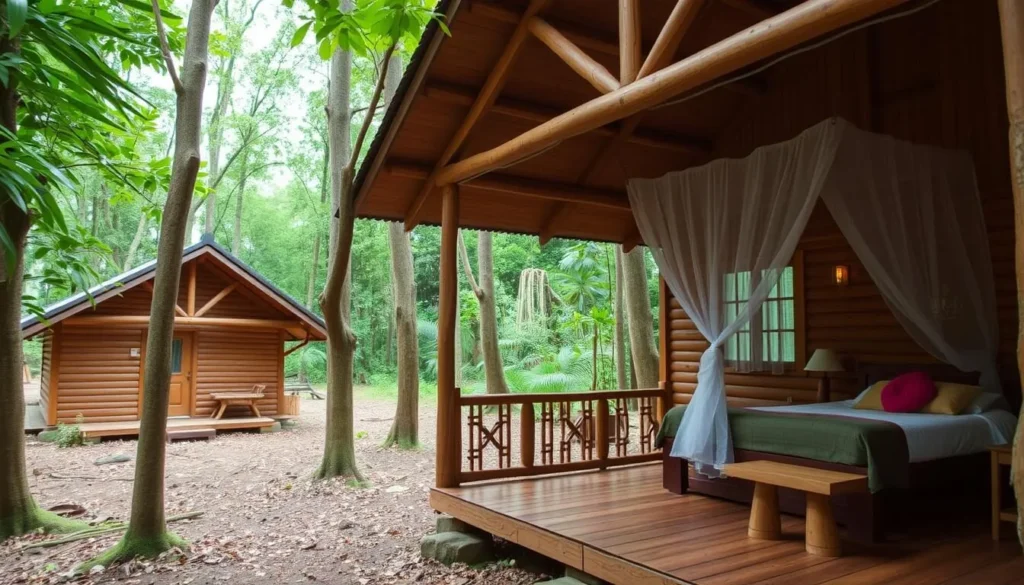
In Merauke
Most visitors base themselves in Merauke, where several hotels offer comfortable accommodation:
- Swiss-Belhotel Merauke: The city’s most upscale option with modern amenities.
- Hotel Intan Serai: Mid-range option with clean rooms and reliable service.
- Hotel Batu Karang: Budget-friendly choice with basic amenities.
Inside the Park
For a more immersive experience, basic accommodations are available within the park:
- Park Guesthouses: Simple rooms with basic facilities in Sota and Rawa Biru villages.
- Homestays: Several indigenous communities offer homestay experiences, providing insight into local culture.
- Camping: Permitted in designated areas with prior arrangement through the park office.
Staying with local families in village homestays offers the most authentic experience and directly supports indigenous communities. Expect simple accommodations but rich cultural exchanges.
Dining & Local Cuisine
The culinary experience around Wasur National Park reflects Papua’s unique blend of traditional foods and Indonesian influences.
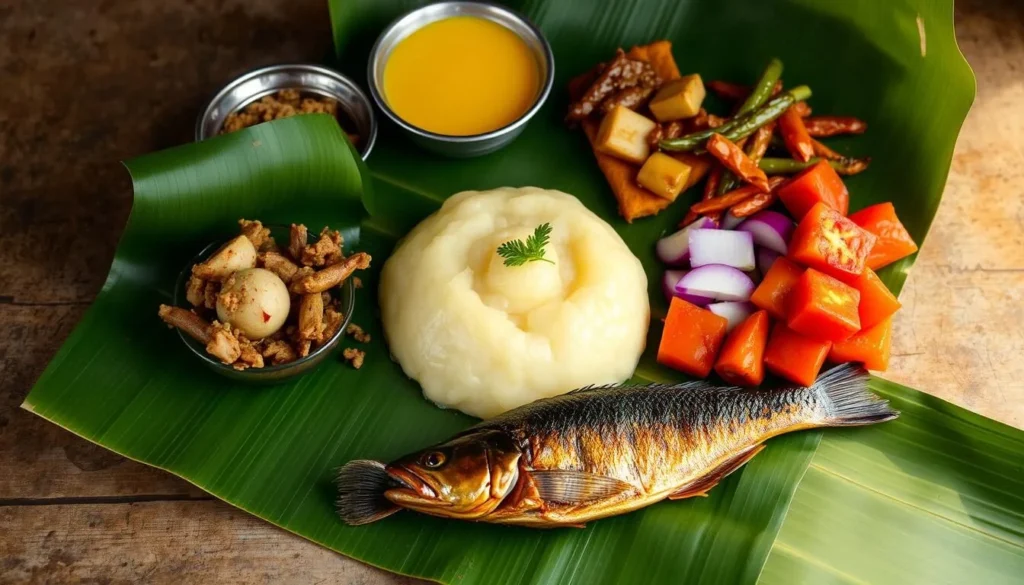
Local Specialties
- Papeda: A staple food made from sago palm starch, usually served with yellow fish soup.
- Ulat Sagu: Sago grubs, a protein-rich delicacy often grilled or fried.
- Ikan Bakar: Grilled fish caught fresh from local rivers and prepared with local spices.
- Sayur Lilin: A vegetable dish made from the young shoots of the sago palm.
Where to Eat
In Merauke, you’ll find several restaurants serving both local Papuan cuisine and Indonesian dishes. Within the park, meals are typically arranged through your guide or homestay host. Many tours include freshly prepared meals as part of the package.
When staying with local communities, you may be invited to participate in traditional cooking methods. This is a wonderful opportunity to learn about indigenous food preparation techniques that have been passed down for generations.
Attractions, Sightseeing & Activities
Wasur National Park offers diverse activities that showcase its unique ecosystems and abundant wildlife.
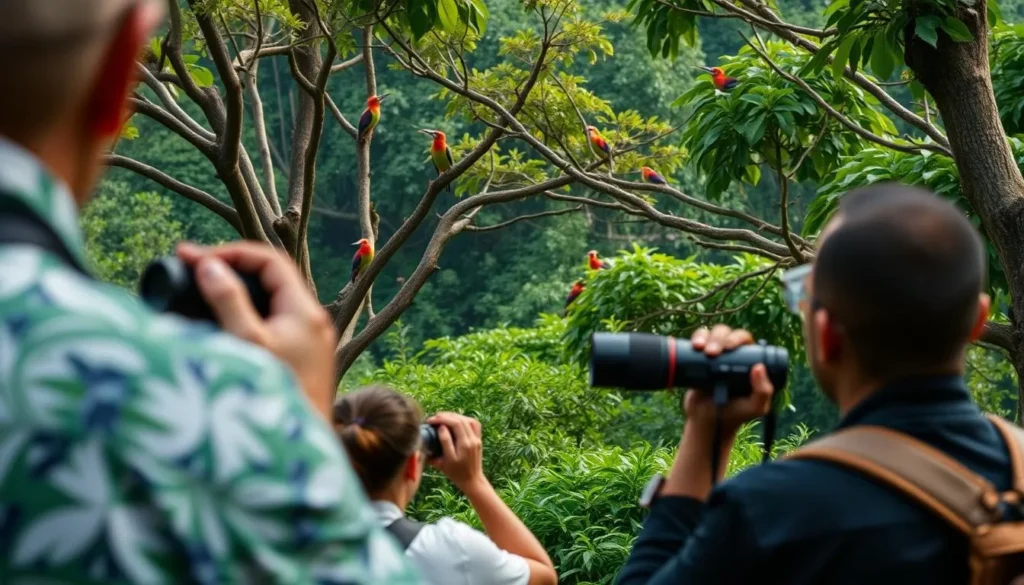
Wildlife Watching
The park’s nickname “Serengeti of Papua” is well-earned. Key wildlife experiences include:
- Birdwatching: Spot some of the 358 bird species, including the magnificent birds of paradise, crowned pigeons, and rare migratory birds.
- Wallaby Spotting: Observe agile wallabies and dusky pademelons, especially during early morning or late afternoon.
- Reptile Encounters: The park is home to both Papuan freshwater crocodiles and saltwater crocodiles.
Landscape Exploration
Wasur’s diverse ecosystems offer striking landscapes to explore:
- Savanna Safaris: Guided drives across vast grasslands reminiscent of African savannas.
- Wetland Tours: Boat trips through mangrove forests and seasonal wetlands.
- Monsoon Forest Walks: Hikes through patches of dense forest that contrast with the open savannas.
Key Locations
- Rawa Biru Lake: A beautiful freshwater lake that’s a hotspot for birdwatching.
- Sota Border Area: Visit the Indonesia-Papua New Guinea border marker.
- Dogamit Swamp: A crucial habitat for migratory birds and a cultural gathering place.
Cultural Spots & Indigenous Experiences
Wasur National Park is not just a natural wonder but also home to rich indigenous cultures that have thrived in harmony with the environment for centuries.
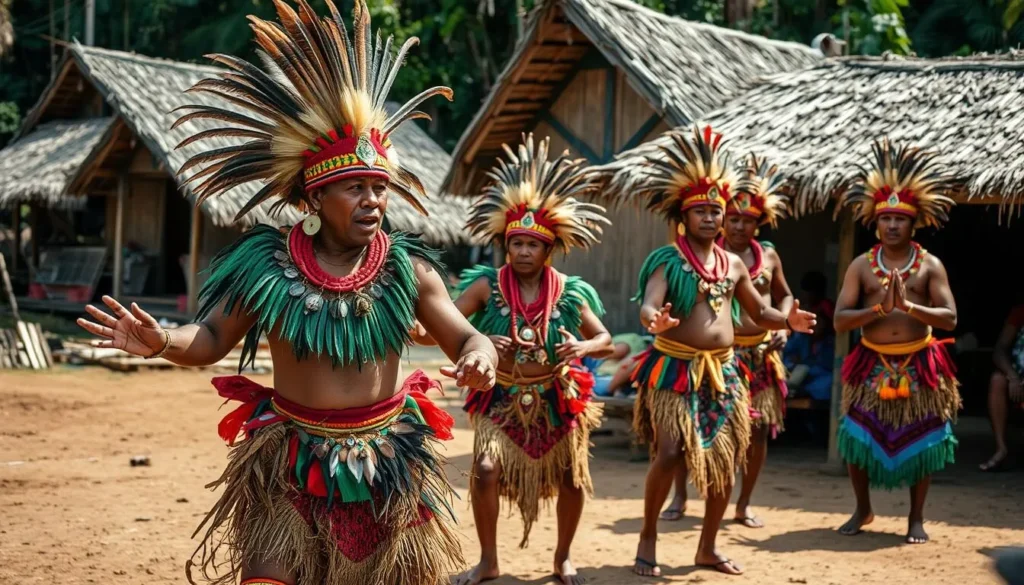
Indigenous Communities
The park is home to four main indigenous groups:
- Marind: Known for their intricate wood carvings and traditional hunting techniques.
- Kanum: Masters of traditional medicine using local plants.
- Yei: Skilled in sustainable fishing and wetland management.
- Marori: Renowned for their traditional navigation skills and knowledge of seasonal changes.
Cultural Experiences
Visitors can engage with local cultures through various experiences:
- Traditional Dance Performances: Witness vibrant ceremonies that tell stories of creation and daily life.
- Craft Demonstrations: Learn about traditional weaving, carving, and tool-making.
- Hunting Techniques: Observe traditional, sustainable hunting methods (no participation required).
- Storytelling Sessions: Listen to ancient legends that explain the relationship between people and their environment.
When visiting indigenous communities, remember that you’re entering someone’s home. Always ask permission before taking photographs, dress modestly, and follow your guide’s instructions about cultural protocols.
Outdoor Adventures & Nature Experiences
For active travelers, Wasur offers numerous ways to immerse yourself in its natural beauty.
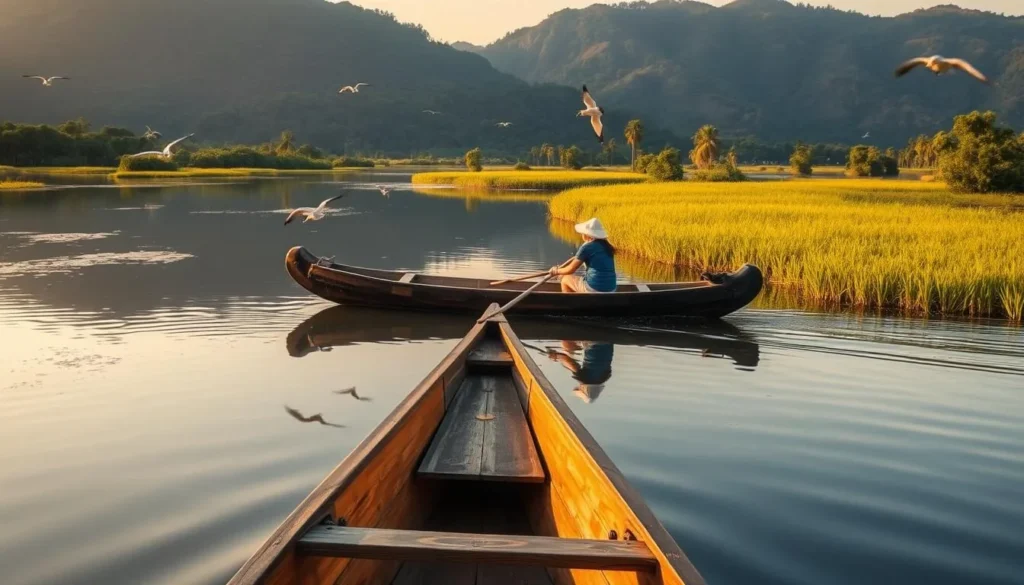
Water Activities
- Canoeing: Explore the park’s rivers and wetlands in traditional dugout canoes.
- Fishing: Try traditional fishing methods with local guides (catch and release encouraged).
- River Safaris: Take boat trips to spot wildlife along the riverbanks.
Land Adventures
- Hiking: Follow trails through diverse ecosystems with varying difficulty levels.
- Night Walks: Discover nocturnal creatures with guided evening excursions.
- Photography Expeditions: Special tours focused on capturing the park’s stunning landscapes and wildlife.

Camping
For the ultimate immersion in nature, camping is permitted in designated areas with prior arrangement. Most camping trips are organized through tour operators who provide equipment and ensure you camp in safe, permitted locations.
Safety, Etiquette & Local Customs
Visiting remote Wasur National Park requires awareness of safety considerations and cultural sensitivities.
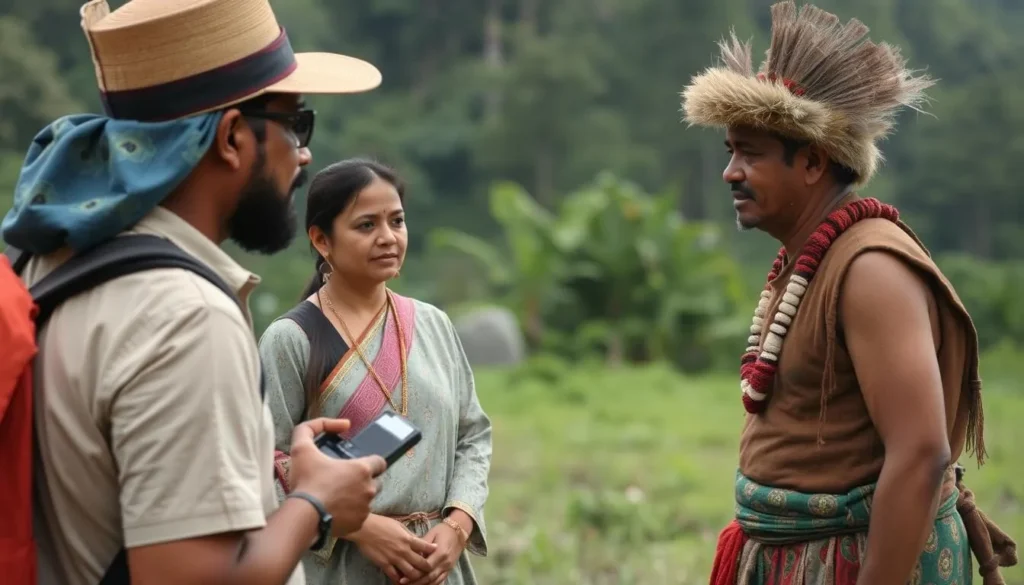
Health & Safety
- Medical Facilities: The nearest hospitals are in Merauke. Bring a comprehensive first aid kit.
- Malaria Prevention: The area is a malaria zone. Take appropriate prophylaxis and use insect repellent.
- Water Safety: Drink only bottled or purified water. Avoid swimming in rivers due to crocodile presence.
- Wildlife Awareness: Maintain safe distances from all wildlife, especially crocodiles.
Cultural Etiquette
Respecting local customs enhances your experience and supports positive tourism:
- Dress Modestly: When visiting villages, cover shoulders and knees.
- Ask Permission: Always ask before photographing people or entering ceremonial areas.
- Gift Giving: Small, practical gifts are appreciated when visiting communities, but avoid creating dependency.
- Sacred Sites: Some areas may have cultural restrictions. Always follow your guide’s instructions.
The indigenous communities of Wasur have maintained their traditional way of life for centuries. Your respectful behavior helps ensure these unique cultures can continue to thrive while sharing their knowledge with visitors.
Practical Travel Tips
Make your journey to this remote destination smoother with these essential tips.
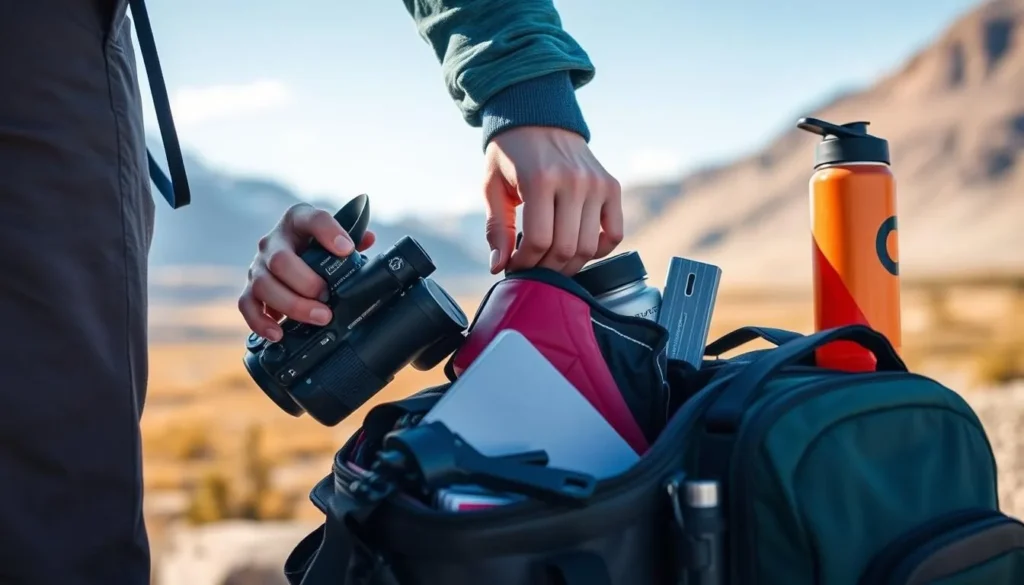
What to Pack
- Clothing: Lightweight, breathable fabrics in neutral colors. Long sleeves and pants for insect protection.
- Footwear: Waterproof hiking boots and sandals for different terrains.
- Protection: High-SPF sunscreen, insect repellent with DEET, and a wide-brimmed hat.
- Equipment: Binoculars, camera with zoom lens, dry bags for electronics during wet season.
- Medications: Personal prescriptions plus anti-malarials, anti-diarrheals, and antihistamines.
Communication
Cell service is limited within the park. Consider these options:
- Local SIM Card: Purchase in Merauke for better coverage (Telkomsel has the best network).
- Offline Maps: Download Google Maps of the area before departure.
- Phrase Book: Learn basic Indonesian phrases or download a translation app that works offline.
Money Matters
Banking facilities are limited:
- Cash: Bring sufficient Indonesian Rupiah as ATMs are only available in Merauke.
- Small Denominations: Carry smaller bills for purchases in villages where change may be limited.
- Budgeting: Plan for guide fees, permits, transportation, and accommodations in advance.
Experience the Wild Beauty of Wasur
Wasur National Park offers a rare opportunity to experience one of Indonesia’s last truly wild places. From its remarkable biodiversity to the rich cultural heritage of its indigenous communities, this “Serengeti of Papua” rewards intrepid travelers with unforgettable experiences far from the beaten path.
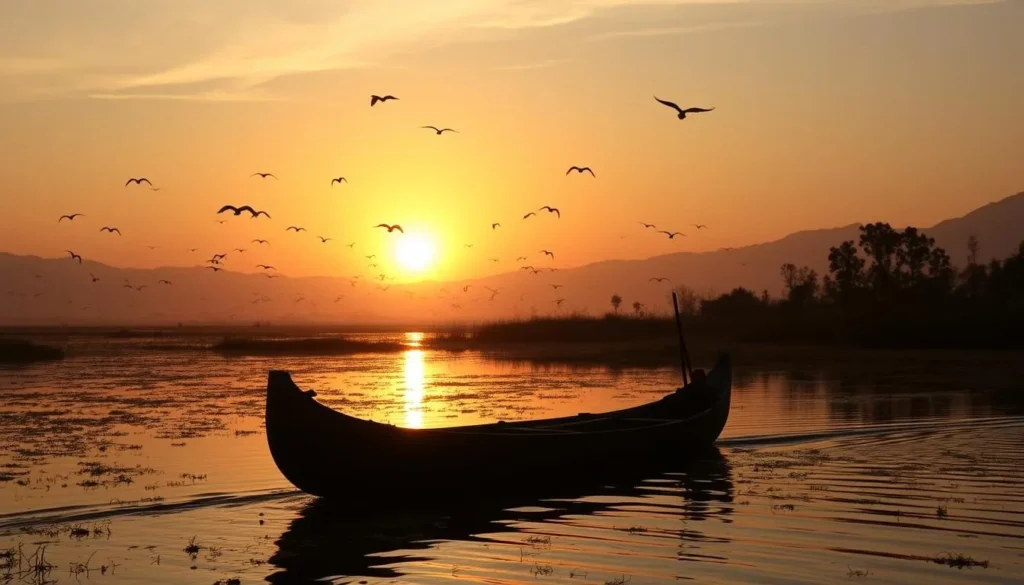
Whether you come for the extraordinary birdwatching, the chance to see wallabies in Indonesia, or to learn from indigenous communities who have lived in harmony with this land for millennia, Wasur promises adventures that few travelers ever experience. The journey may require extra planning, but those who make the effort discover a natural paradise that remains one of Southeast Asia’s best-kept secrets.
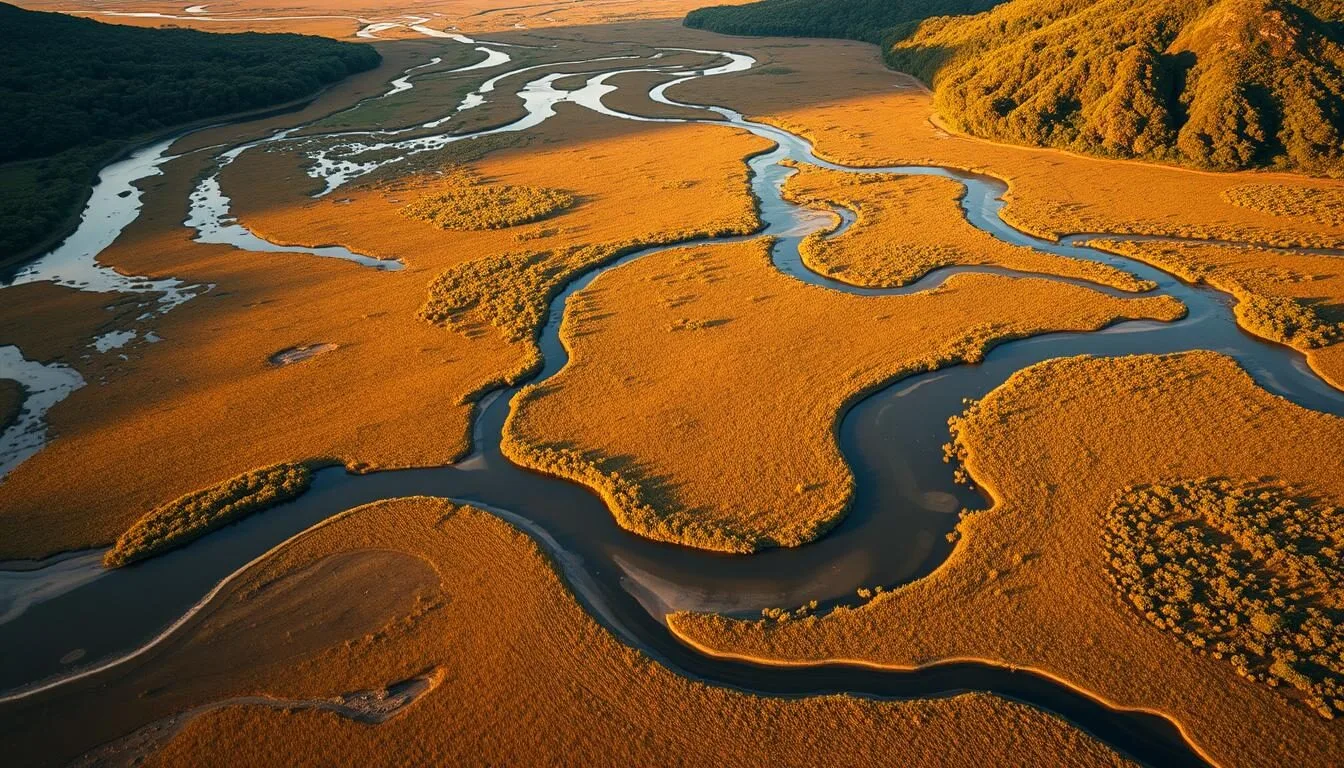
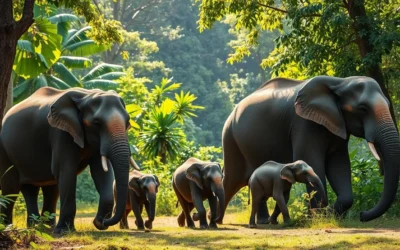
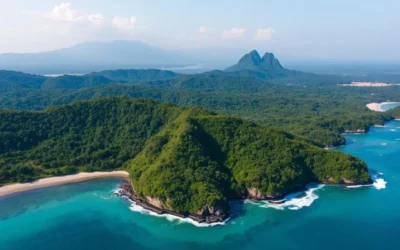
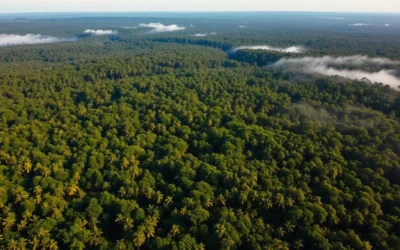
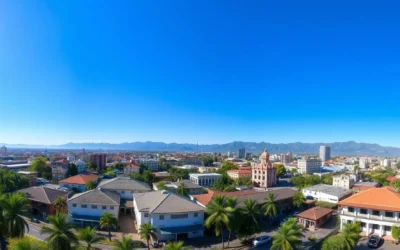
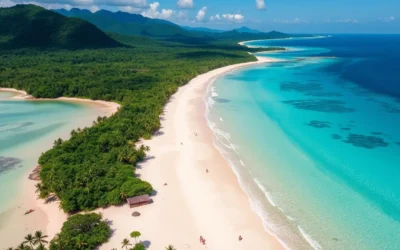
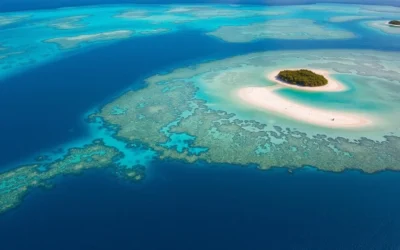
0 Comments